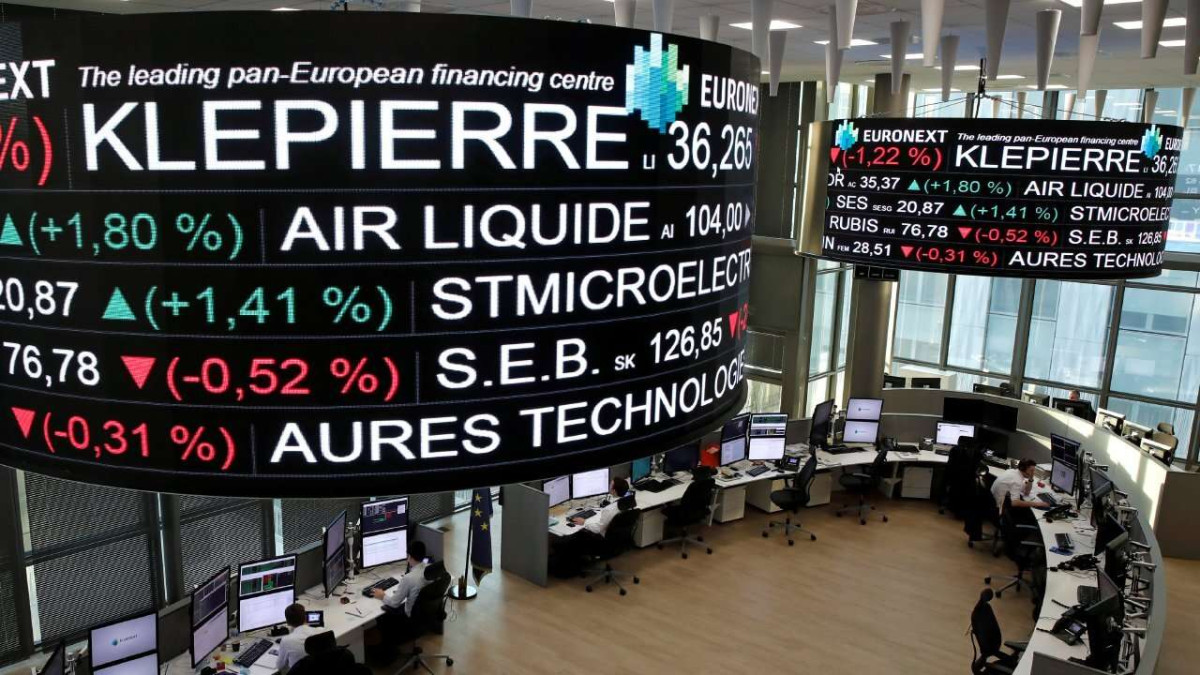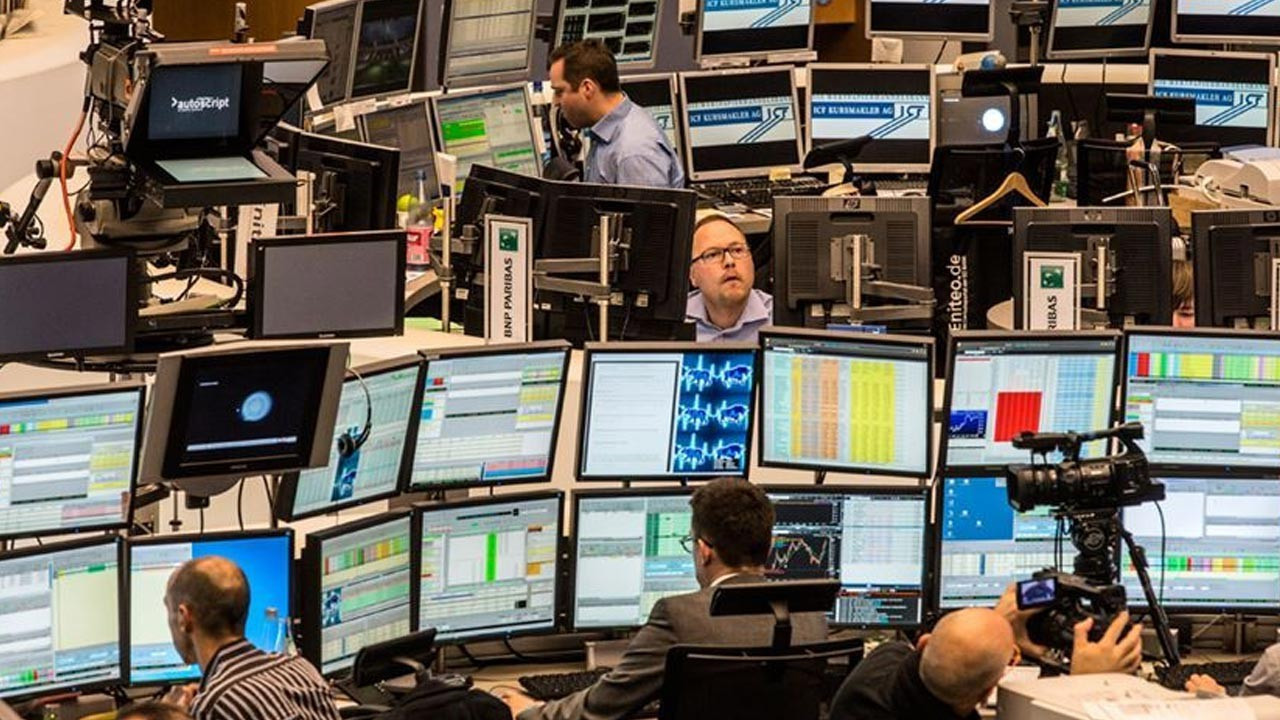
Baidu Stock Value: High Potential, Low Price!


Baidu Stock Value: Optimistic Outlook
In a year of volatility for technology investors, Baidu stocks are capturing attention. Despite recent fluctuations, the company boasts an annual return of 48.4% and a 36.7% gain over the last 12 months, telling a story of strong resilience and optimism. Over the past thirty days, shares have lost approximately 7.6% in value. Over three years, Baidu shares have increased by 56.3%, while the five-year change remains slightly negative.
A significant portion of the company's recent volatility stems from Baidu's aggressive push towards generative artificial intelligence and its efforts to expand autonomous vehicle testing. Investor sentiment reflects not only the excitement surrounding AI but also a caution regarding regulatory changes and global technology competition. Each new announcement affects risk perception, leading to fluctuations in stock prices.
For those who prioritize concrete data, Baidu scores 5 points across 6 key valuation metrics, indicating that it appears undervalued. This raises questions about how much importance investors should place on traditional valuation criteria and how they might approach this data from other perspectives.
Optimistic Predictions for the Future
Baidu's discounted cash flow (DCF) model calculates the company's current value by forecasting its future free cash flows. The latest 12-month free cash flow (FCF) shows a negative value of CN¥10.4 billion, which is a rare occurrence for a company of this scale. However, analyst forecasts predict Baidu will reach CN¥22.7 billion by 2026 and CN¥35.3 billion by 2035.
This steady increase demonstrates significant confidence in the company's growth initiatives. DCF model calculations determine an intrinsic value of $171.23, indicating that Baidu shares are trading at a 28.3% discount to their true value. In short, the stock is significantly undervalued based on the company's potential for future cash generation.
Price/Earnings Ratio
For corporate and profitable companies, the price/earnings ratio (PE) remains the most commonly used indicator in valuation assessments. Currently, Baidu is trading at a 11.0x earnings ratio. In comparison, the average PE ratio in the Interactive Media and Services industry stands at 15.5x, while similar companies average 56.7x. At first glance, Baidu appears significantly cheaper compared to both benchmarks.
At this point, Simply Wall St provides a system-specific Fair Ratio pegs it at 19.9x. This ratio offers a valuation adjusted for growth expectations, profitability, industry position, and potential risks in the business model. In comparison to this Fair Ratio, Baidu shares are trading at a significant discount, indicating that the market undervalues the company's fundamental earnings potential.
Create Your Own Narrative
There is another way for our readers to understand valuation: Narratives. By combining your own financial assumptions with Baidu's unique story, you can generate a personalized fair value estimate. Narratives allow investors to compare the stock's current price with the fair value they calculate, thus simplifying the decision-making process. For example, forecasts regarding Baidu can vary widely; some investors believe strong AI and autonomous driving growth will drive price targets to $145.76, while others see a fair value around $71.14. This way, you can share your perspectives with your community while crafting your own narrative.
```.png)
Yakında Tüm Platformlarda
Sizlere kesintisiz haber ve analizi en hızlı şekilde ulaştırmak için. Yakında tüm platformlarda...





.png)